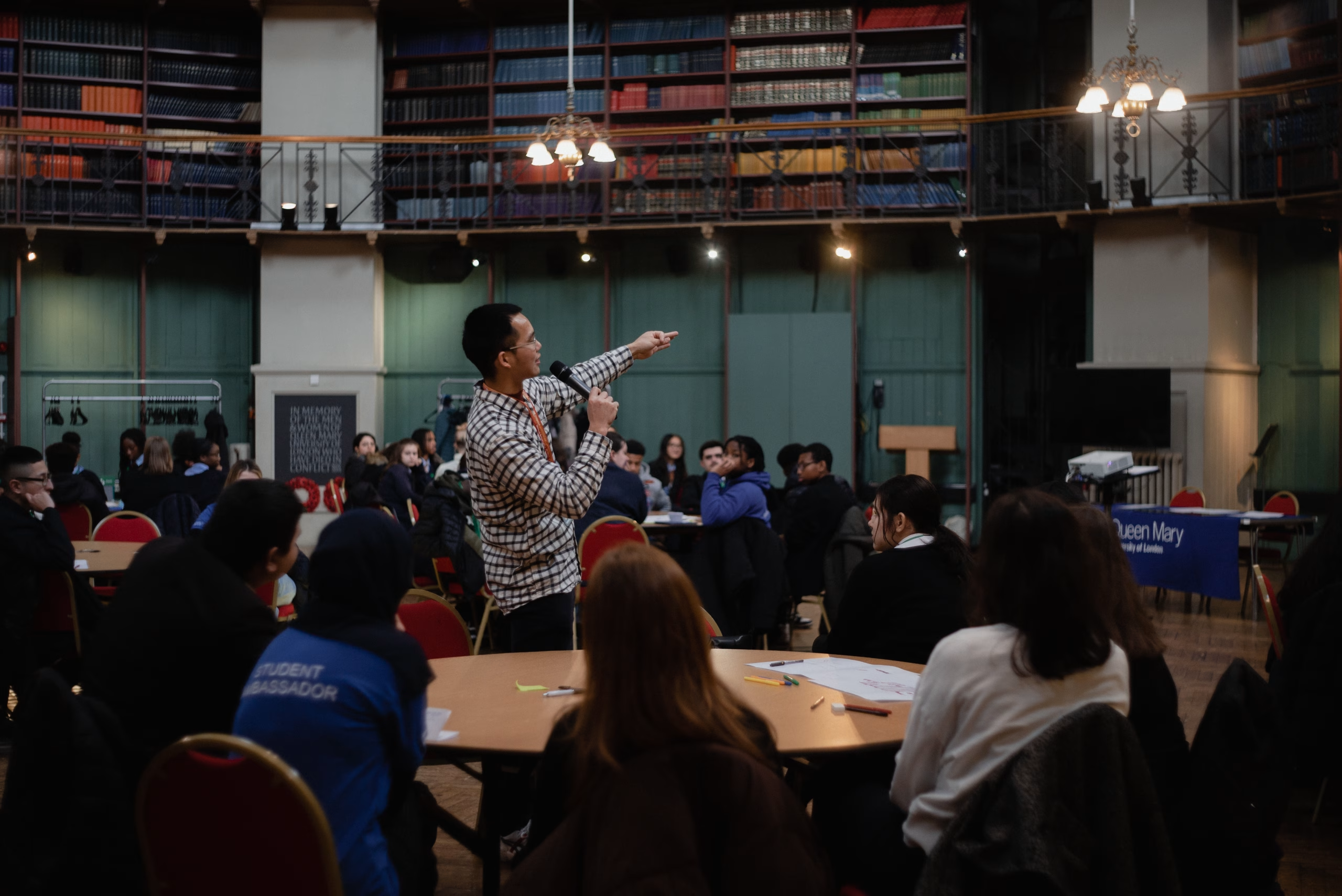Maintenance grants to be reintroduced by 2029 – The Access Project response

Maintenance grants will be reintroduced in England for students from low income households, the government has announced.
Students from lower income backgrounds who are “studying priority courses that support the industrial strategy and the Labour government’s wider mission to renew Britain” will be eligible for grants, Education Secretary Bridget Phillipson shared at the Labour Party conference.
Maintenance grants, unlike maintenance loans, will not have to be paid back. The amount of money a student receives from a maintenance grant will be means-tested, which means it will vary dependent on household income.
Further details regarding which subjects are classed as “priority courses” are expected to be unveiled in November’s Autumn budget.
The Access Project response
Anna Searle, Chief Executive Officer at The Access Project, said: “The decision to reintroduce maintenance grants is a significant step forwards to achieving fair education for all. Young people from lower socio-economic backgrounds face disadvantage in accessing university, and the financial strain of higher education too often forces students to forego pursuing their passions. Our Cost of Living and University Choices report illustrated the scale of the need to reintroduce maintenance grants for young people facing disadvantage.
“At The Access Project, we envisage a future of accessible, inclusive, and inspiring education. While we welcome the decision to reintroduce maintenance grants for priority subjects, we hope future funding extends grant eligibility to all higher education courses, so that all young people can make the most of their education without the fear of financial uncertainty.”
The Access Project helps young people from under-resourced backgrounds achieve their academic potential and place at top universities. By donating to our programme or volunteering with us, you’re helping the country’s most under-resourced young people find their way to a brighter future.
